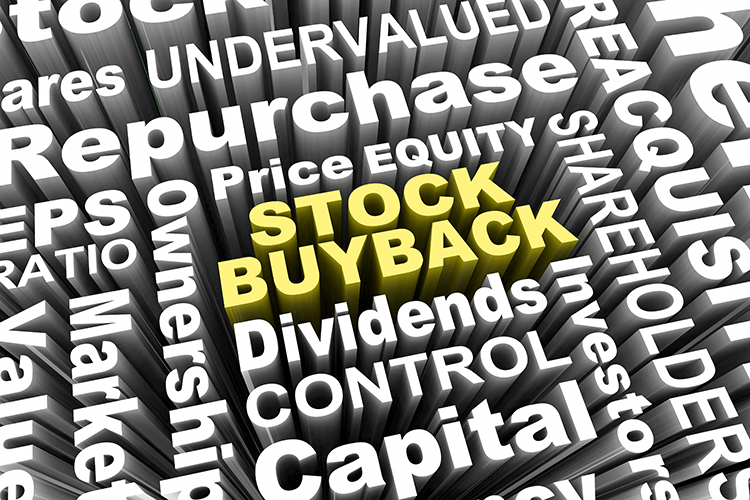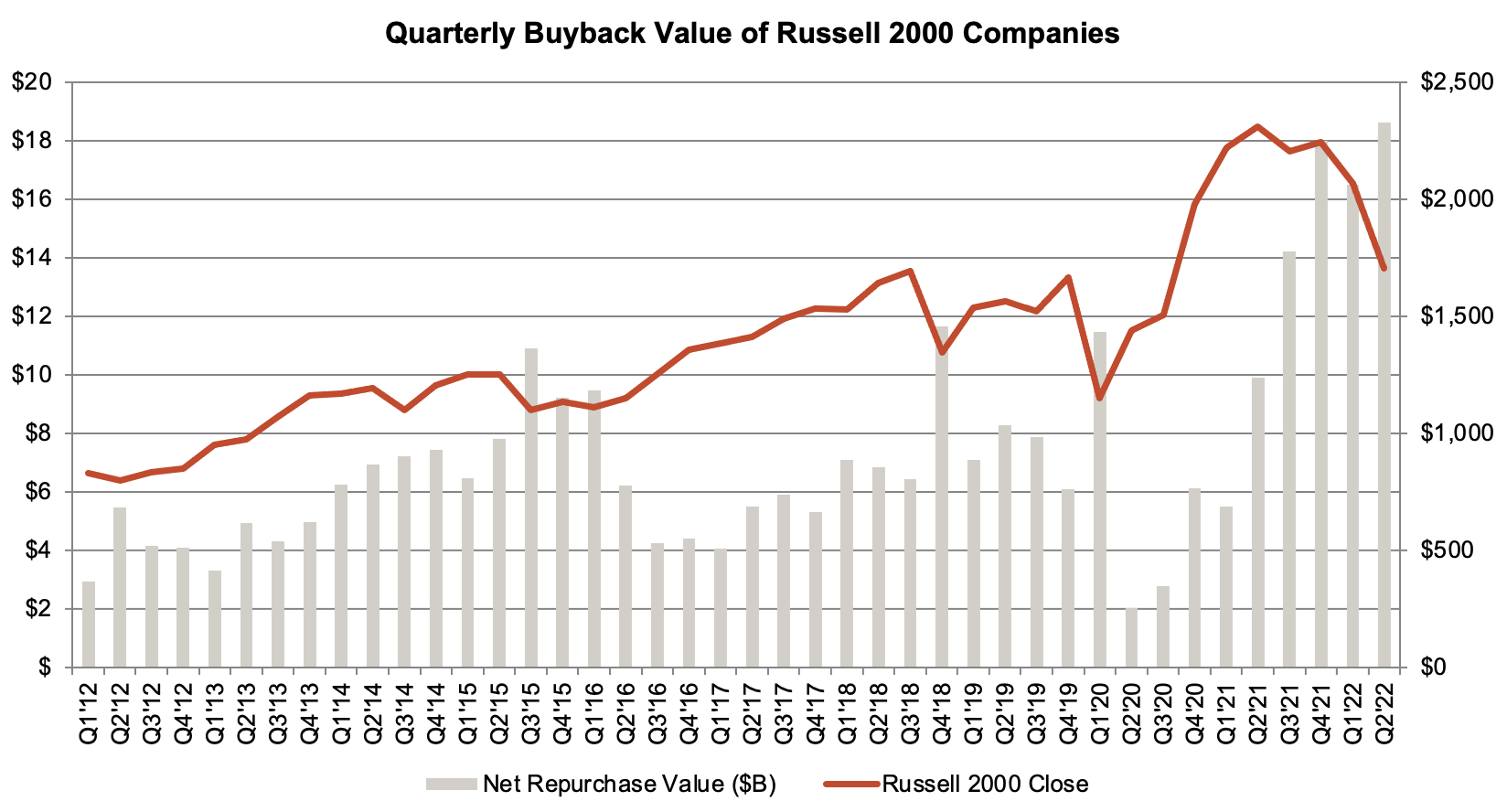Bookkeeping
Novo Nordisk Expands 2024 Share Repurchase Program

In other words, companies want to do everything in their power to prevent from having to cut their dividends, so many tend to keep dividends at a reasonably low percentage of total profits. As a simplified example, if a company only pays out 30% of its profits in the form of dividends, its earnings can plunge by as much as 70% and there will still be enough money coming in to sustain the dividend. Legendary investor Warren Buffett has commented frequently on the merits of share repurchases over the years and has called their disciplined use the surest way for a company to use its cash intelligently. A company may use its own cash or borrow cash to repurchase stock, though the latter is usually riskier. However, like most investing topics, there isn’t a one-size-fits-all answer to whether stock buybacks are good or bad for investors. On the other hand, buybacks come and go, and investors don’t really worry about them — at least not to the extent that they worry about dividend cuts.
How We Make Money
A stock buyback, or “share repurchase,” is a corporate event wherein shares previously issued to the public and traded in the open markets are bought back by the original issuer. Companies may do Stock Buybacks to return capital to shareholders, increase earnings per share, and signal confidence in their future prospects. Different methods, with their own advantages and disadvantages, what is payroll accounting how to do payroll journal entries are employed for stock buybacks, including open market purchases, tender offers, and Dutch auctions. Stock buybacks can have several benefits, including increasing EPS, reducing the number of outstanding shares and utilizing excess cash. A company’s board of directors must approve any stock buyback program, ensuring that it is in the company’s and its shareholders’ best interest.
Reasons to Be Bullish in Q4

Another reason that a company may move forward with a buyback is to reduce the dilution that is often caused by generous employee stock option plans (ESOP). Investors should also be wary if the buyback seems to be motivated by the board’s desire to manipulate valuation metrics. However, if the company chose to buy back 20,000 shares as well, it will negate the dilutive effect of issuing the new shares to employees. Those are a few of the most fundamental questions to answer, but if your company undertakes a buyback, you need to be able to understand whether it’s a good decision and why. Stock buybacks can destroy value as well as create it, and so those who oppose buybacks also make some compelling points about why buybacks can be bad. If you could buy a $100 bill for $50, wouldn’t you do so as often as possible?
Open Market Purchases
That’s essentially one of the biggest reasons companies choose to buy back stock. It also can deplete the company’s cash reserves, leaving it less able to withstand a downturn. Finally, a buyback can be a way to prevent a major shareholder from acquiring a controlling stake and launching a takeover bid. To keep the same P/E ratio of 20, shares would need to trade up 11% to $22.22. Adam Hayes, Ph.D., CFA, is a financial writer with 15+ years Wall Street experience as a derivatives trader. Besides his extensive derivative trading expertise, Adam is an expert in economics and behavioral finance.
- Alternatively, the company can decide to keep the shares in its treasury, in which case they will be known as treasury shares and can be reissued at some point in the future.
- By reducing share count by even 2 or 3 percent each year, a company can increase a shareholder’s return by a comparable amount each year.
- Finally, a buyback can be a way to prevent a major shareholder from acquiring a controlling stake and launching a takeover bid.
- A company may launch a buyback because it believes its shares are undervalued and to provide investors with a better return.
What is the approximate value of your cash savings and other investments?
When companies use stock buybacks responsibly, they can be a positive catalyst for investors, both in the short and long term. Stock buybacks don’t directly affect the market or investors, aside from perhaps lowering dividends. When it comes to investors, buybacks can be a fantastic way to create value, especially if they’re done for the right reasons, such as a stock trading for less than its intrinsic value.
Are Share Buybacks Better Than Dividends?
Valued at $99, click below to receive our just-released reportpredicting the 7 stocks that will soar highest in the coming month. Given the $2 million in net income, the post-buyback diluted EPS equals $2.50. Ask a question about your financial situation providing as much detail as possible.
It’s important to understand that once a company has bought back its own shares, they are either canceled—thereby permanently reducing the number of shares outstanding—or held by the company as treasury shares. These are not counted as shares outstanding, which has implications for many important measures of a company’s financial fundamentals. In 2023, The value of U.S. companies’ repurchased shares totaled $773 billion. In May 2024, Apple Inc. (AAPL) announced the largest stock buyback plan in U.S. history, a planned $110 billion. To maintain the 10x P/E ratio, the implied share price would be $25.00, which we calculated by multiplying the new diluted EPS figure by the P/E ratio.
While repurchases may be controversial from time to time, they’re just another way for a company to invest shareholders’ money. So what typically drives whether a buyback is good or bad is the capability of the management and its interest in being a good steward of the money entrusted to it by shareholders. For example, newly public thrift banks regularly repurchase stock as a way to create value for shareholders, and investors expect them to do so. The track record here is excellent, as these banks go on to be acquired at much higher prices. Whether stock buybacks are good or bad depends a lot on who’s doing them, when they’re doing them and why. A company repurchasing stock while it starves other priorities is almost certainly making a huge blunder that will cost shareholders down the road.

